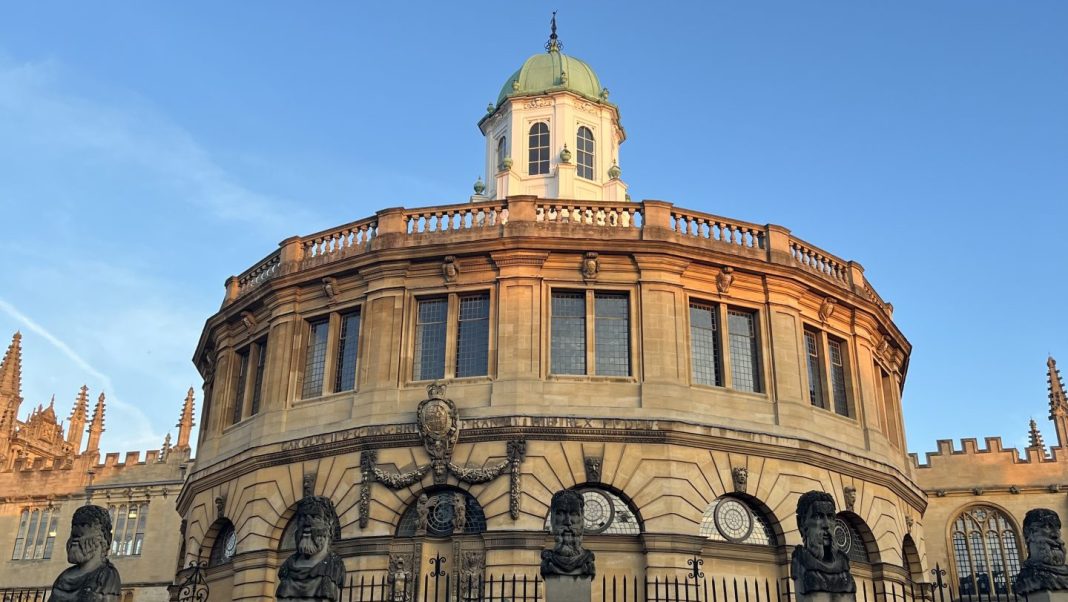Five candidates have progressed to the final round of the chancellor election: Lady Elish Angiolini, Rt Hon Dominic Grieve, Lord William Hague, Lord Peter Mandelson and Baroness Jan Royall.
This comes after over 23,000 members of the Convocation voted on 38 candidates. The second and final round of voting will take place in sixth week of this term.
Lady Elish Angiolini, who has held the position of Principal at St Hugh’s College since 2012, is Solicitor General and Lord Advocate of Scotland. In an interview with Cherwell, Angiolini expressed her belief that: “The University is here to facilitate debate, freedom of speech, and thought, and that will include politics as well.” She, however, emphasised her belief that the Chancellor should remain a ceremonial, advisory role.
Dominic Grieve served as Shadow Home Secretary from 2008 to 2009 and Attorney General for England and Wales from 2010 to 2014. Grieve was commissioned to review the governance structure of Christ Church College. Grieve, speaking to Cherwell, advocated for a more centralised system of University donations, rather than to individual colleges.
Lord William Hague was the Leader of the Conservative Party and Leader of the Opposition from 1997 to 2001. He also held the position of Foreign Secretary as MP for Richmond from 2010 to 2014 during the coalition government. Hague told Cherwell he is prepared for a “decade of change”, alongside expressing his fears over the reliance on international funding.
Lord Peter Mandelson, who announced his candidacy exclusively to Cherwell, held positions including Director of Communications for the Labour Party, Secretary of State for Trade, Secretary of State for Northern Ireland, and European Commissioner. Mandelson defined himself to Cherwell as a “global Chancellor” with a love for the University.
Baroness Jan Royall is the current Principal of Somerville College. She has previously served as an MP, a member of the House of Lords, and Leader of the House of Lords. Royall spoke to Cherwell, about her focus on breaking down barriers to higher education, especially finances: “I think the University, everybody in this University, or the advocates for the University, need to be making arguments in favour of a better deal for students, in a way, I completely accept that.”


